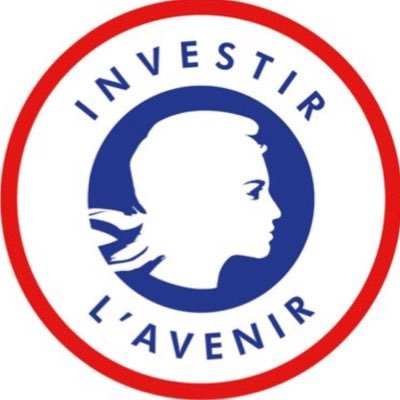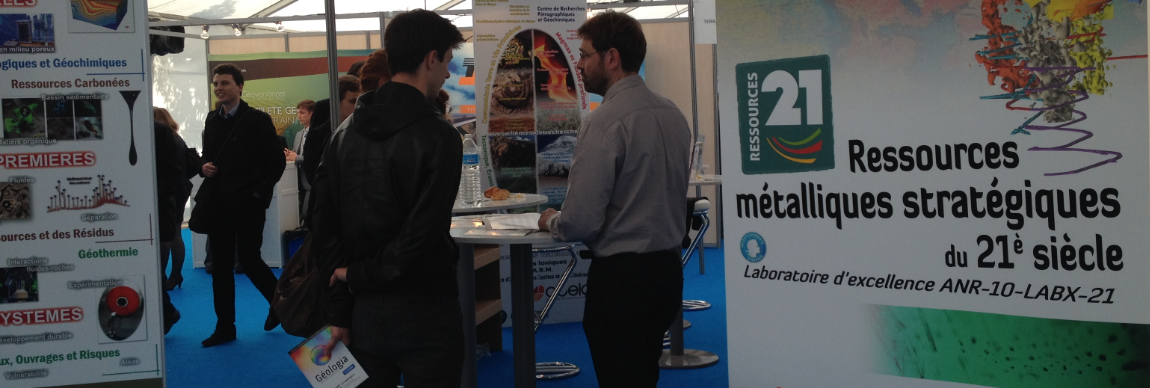What is knowledge transfer?
"Knowledge transfer (KT) is a term used to encompass a very broad range of activities to support mutually beneficial collaborations between universities, businesses and the public sector.
It’s all about the transfer of tangible and intellectual property, expertise, learning and skills between academia and the non-academic community. It’s also well recognised by government and funders as an important return on the investments in academic research, one that provides a significant driving force for enhancing economic growth and societal wellbeing. For academics, KT can be a way of gaining new perspectives on possible directions and approaches for research. This two-way exchange element of KT is at the heart of successful and sustainable collaboration.
Academics are often asked to consider the potential audiences, impact and applications for their work, and increasingly there are opportunities to apply for grants specifically with non-academic collaborative partners.
Discussion around KT often focuses on the formation of spin-out business, or the licensing of intellectual property (IP), based on the outputs of university science and technology-related research. Although these are vitally important areas, KT actually encompasses a much broader range of activities. (...)"
University of Cambridge, Creative Commons Licence
The Labex RESSOURCES21 endeavours to act as an interface between industry players and public authorities.To achieve this, it engages industrial and institutional partners in common dialogue. These exchanges help to clearly identify shared challenges with the Labex and work towards better integration of issues related to mineral raw materials in French research policy and structuring of the reasearch landscape.
Another important objective is to increase knowledge among the general public in order to foster enlightened debate in society. The labex encourages the emergence of "meeting places" and shared projects involving science and society.






